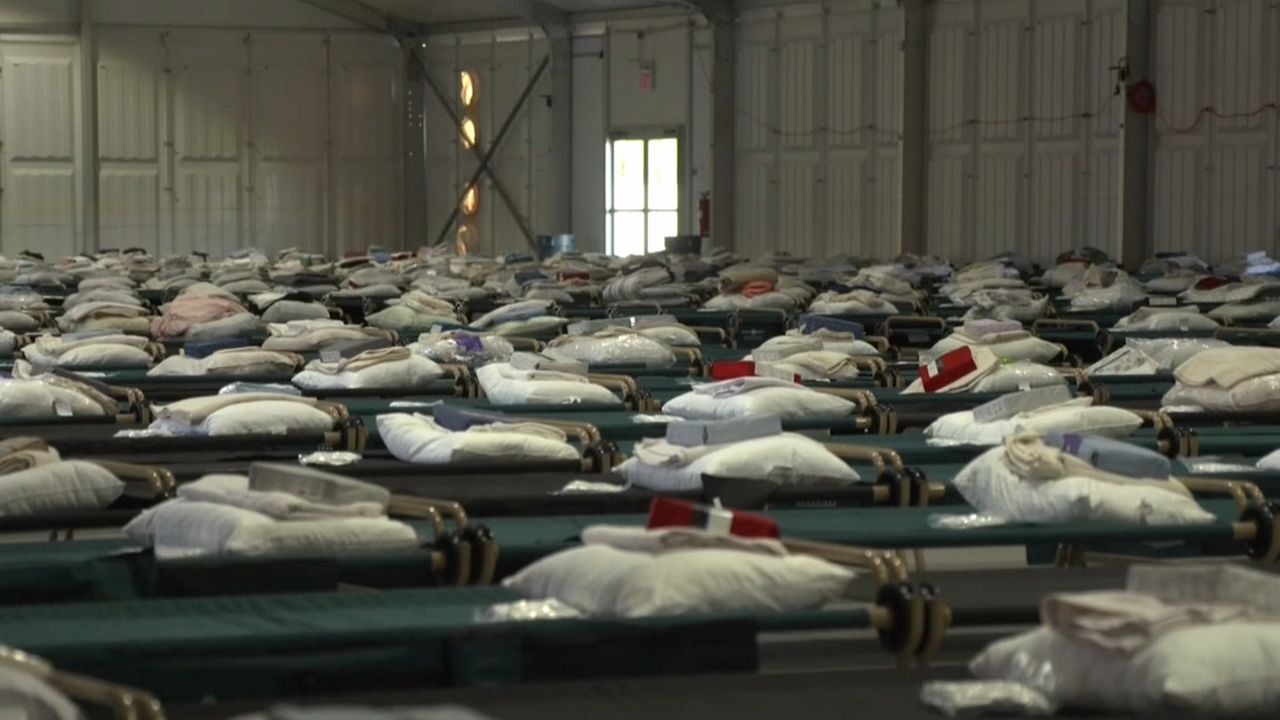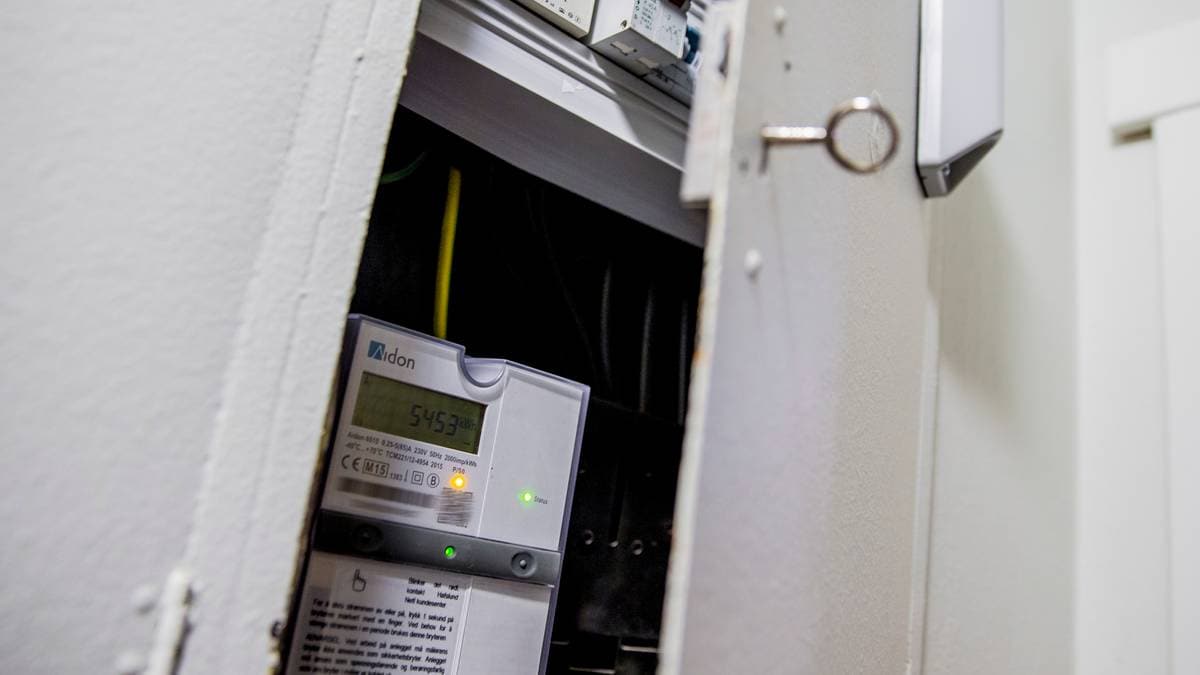The city is closing a complex of migrant tents that just opened three weeks ago as the influx of people transported by bus from the southern border states has slowed, according to official reports.
Randall’s Island Temporary Rescue Center will close next week and its occupants will be offered space in a new rescue center to open in a downtown Manhattan hotel, Mayor Eric Adams’ office announced.
“We continue to welcome asylum seekers who arrive in New York City with compassion and care,” Adams said in a statement, adding that the hotel’s new hub “will provide asylum seekers with a place to stay, access help and reach. their final destination “.
The center opened on October 19 to house single men seeking asylum in the United States for temporary periods after their first arrival in New York City. The center helped them determine what resources they needed and if they wanted to go elsewhere.
In recent months, the number of migrants, mostly from Venezuela, arriving in New York City has increased dramatically after officials from states like Texas and Arizona sent them on buses.
This prompted Adams to declare a state of emergency due to increasing pressure on the city’s infrastructure, with the collapse of the homeless shelter system. There are more than 63,300 people in the reception system.
But Randall’s Island’s facility, made up of heated tents that included loungers for up to 500 people and could have held double that number, didn’t come close to that capacity.
The mayor’s office did not specify how many immigrants used the facilities. He said that in total there were 17,500 people seeking asylum in the city.
Even before the opening, immigrant advocates were concerned about the center on a number of issues, including its location on an island between the Bronx, Manhattan and Queens, and whether it was appropriate to house people in tents instead of in built spaces such as hotels and whether migrants would receive adequate services.
The news of its closure was met with approval.
“The city is doing the right thing by moving people to a place where they can have their own space and settle down so they can move on with their lives,” said Kathryn Kliff, a lawyer with the Legal Aid Society. “In addition, we are pleased that this new location will be much more accessible to public transport so that customers can access services and move easily to and from the location.”


